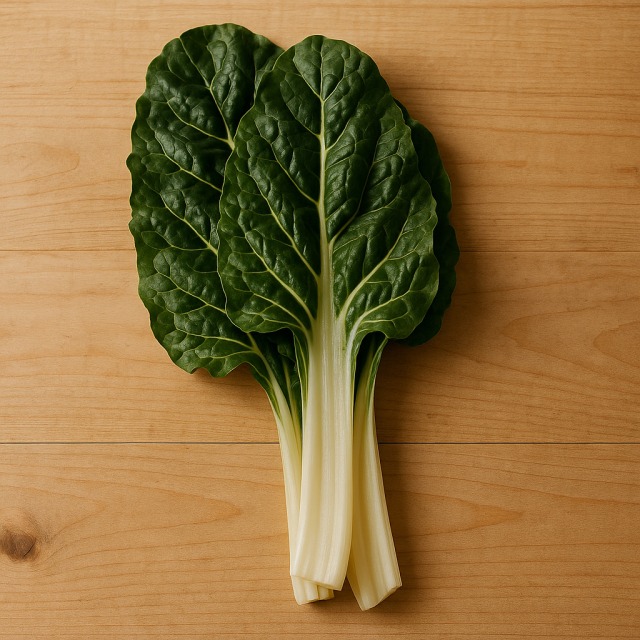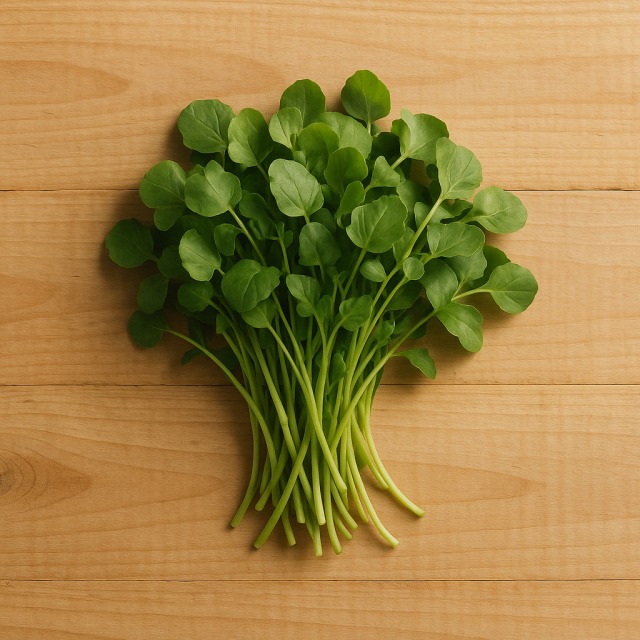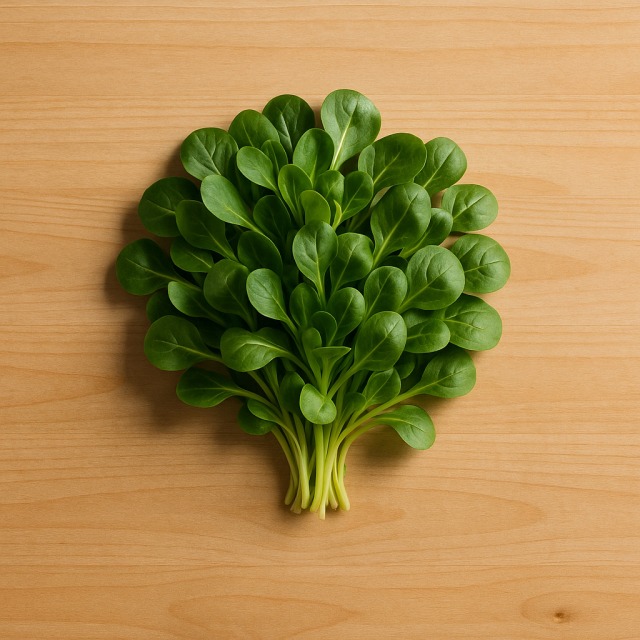Calorie Chart / Vegetables / Asparagus
How Many Calories Are in Asparagus?
Calculation of the nutritional value & Recommended Dietary Intake of asparagus
For g and a calorie requirement of kcal
| Calories 25 kcal | Proteins 2.7 g | Lipids 0.3 g | Carbohydrates 3 g |
| 1% | 4% | 0% | 1% |
Health benefits of asparagus

Asparagus - 100g
Calories 25 kcal
Proteins 2.7 g
Lipids 0.3 g
Carbohydrates 3 g
With barely 25 calories per 100 g, asparagus is classified as a very low-calorie vegetable, making it a staple for anyone who keeps an eye on daily calorie intake. Despite its limited calories, it delivers an impressive density of nutrients.
Rich in vitamin K, folate (B9), vitamin C, and vitamin E, asparagus contributes to blood clotting, cell renewal, and immune support while adding almost no extra calories. Its potassium and magnesium content supports electrolyte balance, and its soluble and insoluble fibers help with satiety without a calorie overload. The presence of antioxidant flavonoids such as quercetin and rutin is believed to assist in the fight against oxidative stress.
Traditionally, asparagus has been valued for its mild diuretic effect linked to the amino acid asparagine; this benefit remains assumed rather than formally proven. The spears also contain inulin, a prebiotic fiber that feeds beneficial gut bacteria. Cultivated since Ancient Egypt and highly prized on Louis XIV's tables, asparagus shows that pleasure and modest calories can go hand in hand. Just like broccoli or zucchini, it is a smart option for light menus that do not sacrifice flavor for calories.
Tips for incorporating asparagus into a balanced diet
Because it brings only 25 calories per 100 g, asparagus can be the green star of a balanced plate. Grill the spears in a drizzle of vegetable oil and serve them with a poached egg; the runny yolk acts as a sauce while keeping calories moderate compared with richer dressings.
For a complete meal, fold blanched asparagus into a spring risotto based on rice, freshly grated Parmigiano, and a hint of lemon zest: sensible rice portions will keep overall calories in check. Alternatively, wrap the spears in slices of smoked bacon and roast them; combining protein and fiber promotes satiety so you do not chase extra calories later.
If you need post-training proteins without excess calories, pair grilled asparagus with a fillet of salmon or with seared tofu. You can replace classic Hollandaise sauce with a light yogurt sauce to shave several dozen calories off the traditional "asparagus mimosa." Just like green beans or carrot, asparagus also blends well in a cold salad with citrus fruits for an extra-fresh, low-calorie lunch box.
Frequently Asked Questions
- How many calories are in asparagus?
- There are 25 kcal per 100 g, which places asparagus among the vegetables with the lowest calories.
- Is asparagus good for weight-loss diets focused on cutting calories?
- Yes. Its 25 calories per 100 g, high fiber, and water content allow you to enlarge your plate volume while keeping total calories low.
- Do cooking methods change asparagus calories significantly?
- Boiling or steaming adds virtually no calories, whereas frying in butter can raise the calorie count because of the fat absorbed.
- Which vitamins and minerals accompany these low calories?
- You get vitamin K, folate, vitamin C, potassium, and magnesium, so even with few calories, you still receive valuable micronutrients.
- Can I eat asparagus every day without exceeding my daily calorie budget?
- For most healthy adults, eating 200 g of asparagus a day would bring only about 50 calories, a negligible amount in a 1,800–2,000-calorie plan.
- How do asparagus calories compare with those of broccoli or green beans?
- Broccoli provides roughly 34 calories per 100 g and green beans about 31 calories, so asparagus remains the champion with only 25 calories.
Similar foods
Information provided by Calorie Menu may contain inaccuracies or errors. It cannot, under any circumstances, substitute medical advice or medication.










